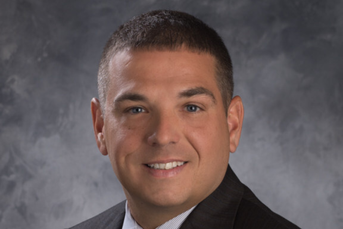Older people lose $28B to scams, maybe due to a more trusting nature

University of Florida research reveals years of experience can be a bad thing.
Older people may be at greater risk of missing warning signs that suggest a potential scam from someone they know, according to new research from the University of Florida.
An AARP study in 2023 found that $28.3 billion is lost annually by victims of elder financial exploitation in the United States alone, and the sad fact is that three-quarters of the total is stolen by people that the victims know.
Many of these scammers are family members or friends who prey on the victim’s trust to steal life savings, or misuse their funds, property, or assets.
The UF study found that older people are more likely to rely on their first impressions of someone they know, rather than consider patterns of behavior that could suggest something is not right, whereas younger adults were faster to pick up on warning signs.
Using stacked decks of cards, the researchers had two cohorts play a game that could result in financial gains or losses. By pairing the decks with pictures of faces, some rated trustworthy and some untrustworthy. Both sets of players – one with an average age in the early 20s and one aged 70 to 75 – initially chose the trustworthy faces. But when they started losing with these decks, the younger players were quicker to realize and swap decks.
“We make these decisions about trustworthiness in a split second sometimes, and that is an unreliable way to make good decisions in the long term,” said Marilyn Horta, a University of Florida research scientist and first author of the new study. “All of us, especially older adults, we need to really pay attention to how a person behaves rather than our initial perceptions of whether they look trustworthy or not.”
However, it’s not just older people who may be missing fraud or scam red flags. A recent Citi survey found that 90% of Americans believe they can identify and prevent financial scams but more than a quarter of the 2,300 who took part in the online poll have been victims already.
STAYING ALERT
Natalie Ebner, who worked with Horta on the study, said that older people’s lifetime of experience can be a hindrance to deciding who to trust and who to avoid. She advised remaining alert to potential issues.
“Often fraud happens through family members. If family members start acting untrustworthy, older adults are potentially not picking up on that change in behavior as well,” Ebner said. “They’re not adjusting to the new situation as much.”
Learn more about reprints and licensing for this article.







